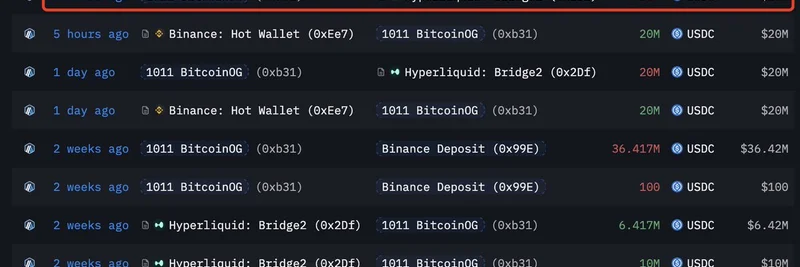Hey there, crypto enthusiasts! If you’ve been keeping an eye on the blockchain world, you might have seen the latest buzz from BSCN Headlines. On July 23, 2025, they dropped a bombshell: South Korea’s Financial Supervisory Service (FSS) is warning asset managers to limit their exposure to crypto firms. This move could shake things up for investors and the global cryptocurrency market—let’s dive into what it all means!
What’s Happening with South Korea’s FSS?
The FSS, South Korea’s top financial regulator, has issued a verbal nudge to asset managers, advising them not to go overboard with including crypto-related stocks—like Coinbase and Strategy—in their Exchange-Traded Funds (ETFs). This isn’t a hard rule yet, but more of a cautious recommendation. According to Cointelegraph, the FSS is taking this step because the regulatory landscape for cryptocurrencies is still evolving, and they want to play it safe.
This guidance ties back to a 2017 policy where South Korea banned corporate transactions in virtual assets due to concerns about money laundering and speculative trading. The recent surge in “coin theme” stocks (think crypto exchanges and mining companies) in ETF portfolios has prompted the FSS to revisit those old rules, as reported by Cryptonews.
Why Does This Matter?
South Korea is a big player in the crypto world. It’s the third-largest market for Bitcoin trading, right behind Japan and the U.S., as noted by Investopedia. When a country this influential adjusts its stance, it can send ripples across global prices. The FSS’s move might make investors think twice about piling into crypto-heavy ETFs, potentially cooling down some of the hype.
For example, some South Korean ETFs already have significant crypto exposure. The Ace US Stock Bestseller ETF holds 14.6% in Coinbase, while the KoACT Nasdaq Growth Active ETF has a combined 13.4% in Coinbase and Strategy. These figures, highlighted by Cointelegraph, show how intertwined crypto is with traditional finance in this market.
What’s the Catch?
Here’s where it gets interesting: the FSS’s guidance is informal, and passive ETFs can’t easily ditch stocks without index provider approval. Plus, some industry insiders argue this might not even work. As one anonymous source told The Korea Herald, investors are already dodging these limits by jumping into U.S.-listed ETFs. So, while the FSS wants to rein things in, the global nature of crypto might make this a tough battle.
The Bigger Picture for Meme Tokens and Blockchain
At Meme Insider, we’re all about keeping you updated on the wild world of meme tokens and blockchain tech. While this news focuses on traditional crypto stocks in ETFs, it could indirectly affect the meme token scene. If regulators tighten the screws, investors might shift focus to decentralized projects or alternative assets, potentially boosting meme coins that thrive on community hype.
The FSS’s caution also highlights a growing trend: regulators worldwide are trying to balance innovation with risk. For blockchain practitioners, this is a chance to stay ahead by understanding regulatory shifts and adapting strategies—something our knowledge base can help with!
What’s Next?
As of 05:40 PM +07 on July 23, 2025, this story is still unfolding. Will the FSS turn its verbal guidance into stricter rules? How will global markets react? Keep an eye on Meme Insider for the latest updates. In the meantime, let us know your thoughts—do you think this will slow down crypto growth or just push it elsewhere? Drop your take in the comments!



